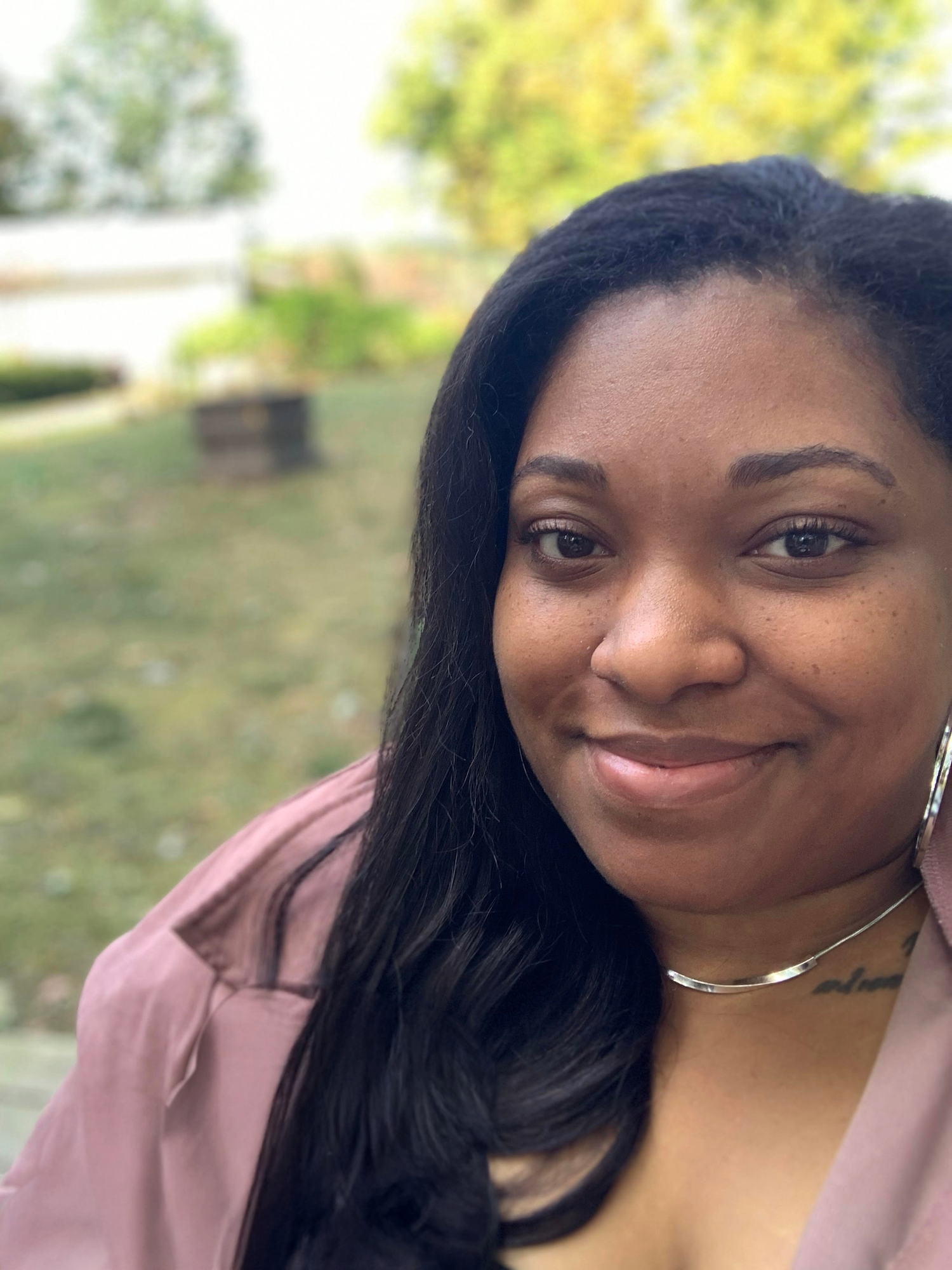Recently, a cis person introduced me with the sentence, “This is Hannah and she uses they/them pronouns.” The man who said it is kind and well-intentioned; it wasn’t a malicious incident, but it does exemplify a slippage that a lot of cis people get caught in. He knew that gendering me correctly was respectful and important, but I don’t think he really understood and internalized the fact that I’m not a woman. I think he heard the descriptors “non-binary” and “trans-masculine,” and it didn’t really make sense to him.
If you’re a cis therapist reading this, I’m assuming you already care about gendering someone correctly. But do you truly see and understand the trans people in your life as a different gender than they were assigned at birth? My intended audience is primarily cis therapists, but the ideas and exercise are definitely applicable for trans folks and folks questioning their gender.
Cis people’s relationship with their gender is usually unspoken and unexamined. When I thought I was cis, my gender was on autopilot. For the first twenty-four years of my life, I didn’t really think about what being a girl and then a woman meant or how I felt about it. Looking back, it’s obvious to me that I never fully aligned with womanhood, even though I used she/her pronouns and presented myself as very feminine (which might be a surprise to you if you’ve met me recently). It wasn’t until I befriended trans people who talked with me about their gender experience that the gears started to turn.
Listed below is a series of questions that will guide you to look at your gender with a magnifying glass. I invite you to ask yourself these questions with curiosity about your own gender presentation and identity. I challenge you to use your experience to see the trans people in your life more clearly. As you ask yourself these questions, what do you notice? Sensations? Emotions? Thoughts? Memories? I’m willing to bet there will be some discomfort. Sit with that discomfort and study what comes with it.
- Is your gender comfortable? (What do you like about it? What do you not like about it?)
- What aesthetic preferences do you associate with your gender and how do they make you feel? (clothes, makeup, home decor, cologne, perfume, colors, art, etc)
- What compliments do you associate with your gender and how do they make you feel? (beautiful, handsome, pretty, cute, intelligent, assertive, nice, thoughtful, articulate, etc)
- If you altered your gender presentation to something different than what it usually is (e.g. a cis man wearing makeup when he doesn’t usually), how would that feel?
- Which parts of your body do you associate with your gender and how do you feel about those parts?
- If you could change your appearance in any way, what would your ideal appearance be and how might those changes be associated with your gender?
- What experiences do you associate with your gender and how do you feel about them? (romantic relationships, sex, pregnancy, parenthood, motherhood, fatherhood, menstruation, sports, school, career, etc)
- Which behaviors do you associate with your gender and how do you feel about them? (e.g. do you think of cleaning as feminine?)
- Which emotions do you associate with gender and how do you feel about them? (e.g. do you think of anger as masculine?)
- Do you like your name? How does it feel to imagine someone calling you a different name? (A masculine name? A feminine name? A gender neutral name?)
- How does it feel to imagine someone referring to you with different pronouns?
- How do feminine referents make you feel? (woman, girl, miss, Mrs., ma’am, sister, girlfriend, daughter, wife, etc)
- How do masculine referents make you feel? (man, boy, Mr., sir, dude, brother, son, boyfriend, husband, etc)
- How do gender neutral referents make you feel? (person, Mx., colleague, friend, sibling, child, partner, spouse, comrade, etc)
- How does your gender interact with other parts of your identity? (race, sexuality, ability status, mental health status, socioeconomic status, education status, career, etc)
- Is your gender comfortable? (What do you like about it? What do you not like about it? Has your answer to this question changed from when I asked it at the beginning of this exercise? If so, how?)
- How might this exercise affect the way you understand your gender, gender in general, and the trans experience? How might this exercise manifest in the way that you work with trans and cis clients?
Gender is something for all of us to be curious and expansive about, regardless of if we are trans ourselves or work with trans clients. Like most things in this work, engaging with your gender is a cyclical, iterative process. Life is long and there’s no permanent answer to any of these questions. Thank you for being here with me. I’m wishing you love, gentleness, and curiosity.









